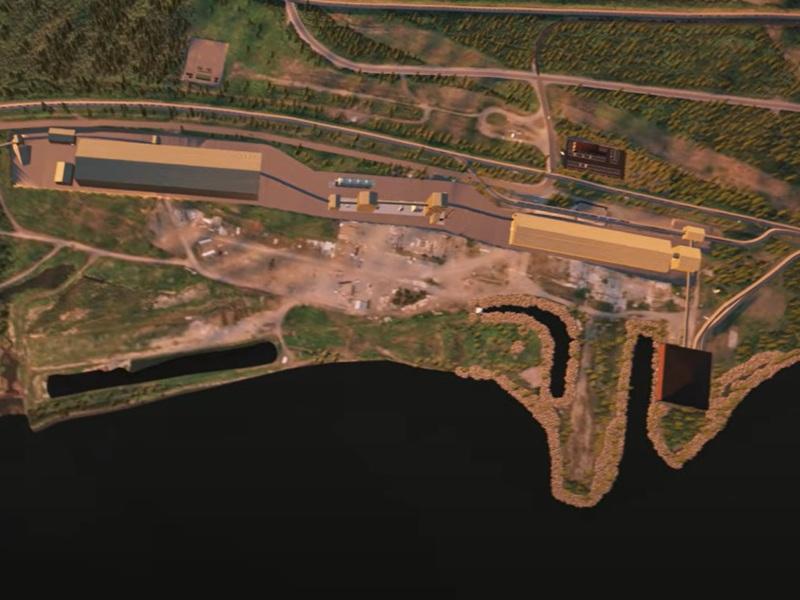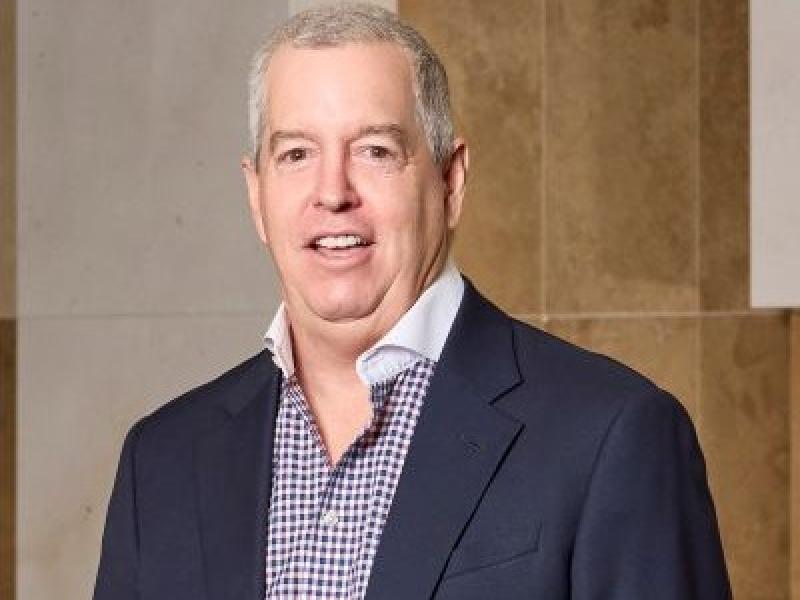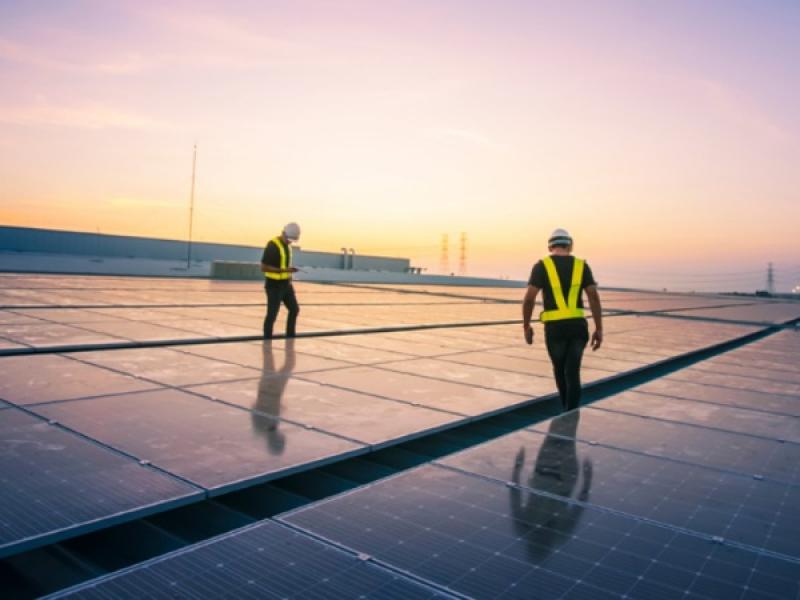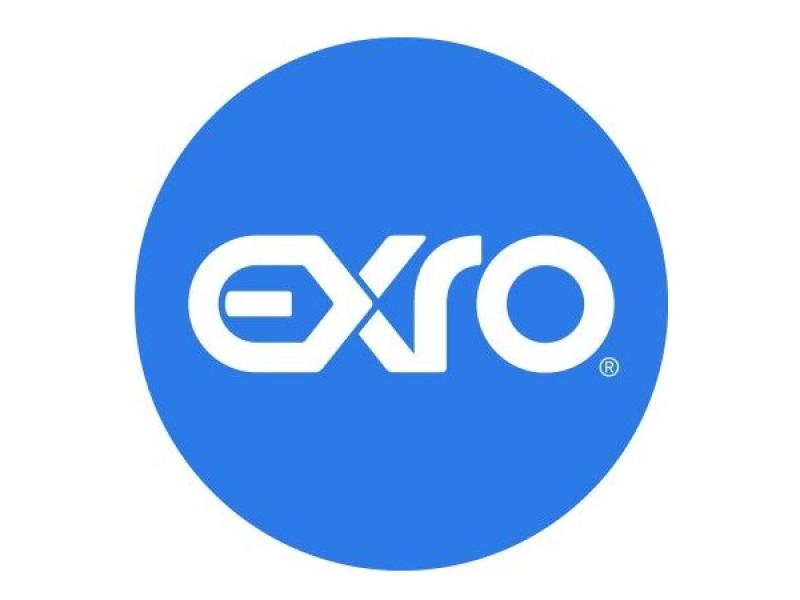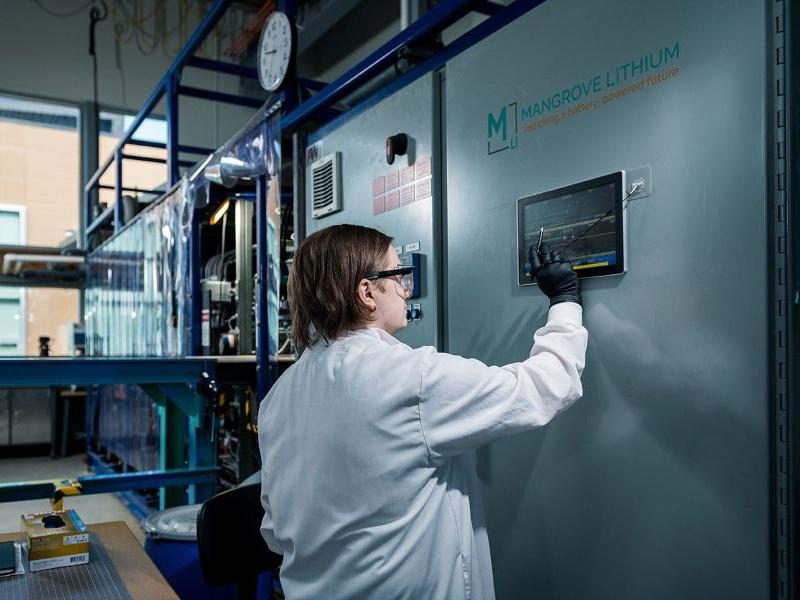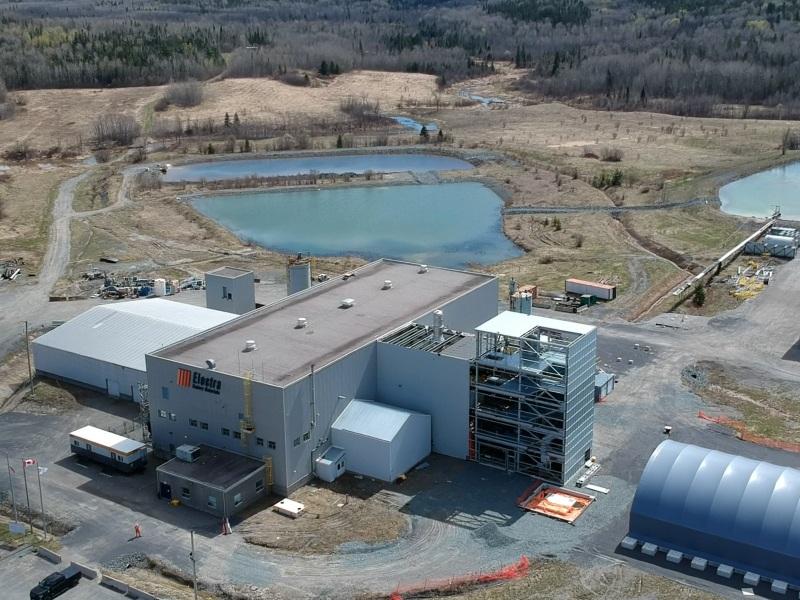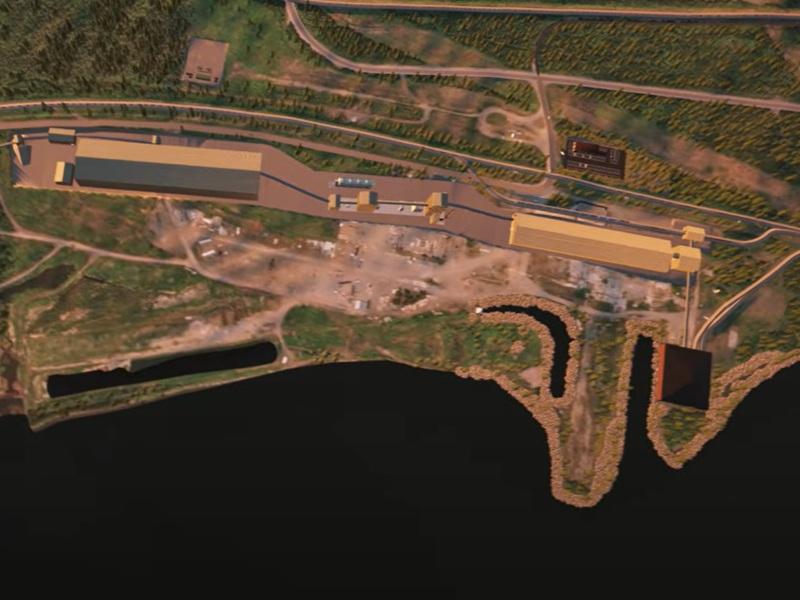
Even as Canada’s auto sector and battery industries face an uncertain future, Scott Monteith, president and CEO of Avalon Advanced Materials Inc. (AVL-T), is not losing much sleep as the company develops its mineral projects that will supply both sectors.
“(I’m) not worried. It’s temporary. Electric vehicles are the future in spite of the rhetoric you hear,” he said in an interview with Sustainable Biz Canada.
The Toronto-based critical minerals asset manager is developing a lithium refinery in Thunder Bay as a marquee project. Planned as a multibillion-dollar facility, it is being developed by a wholly owned subsidiary named Lake Superior Lithium Inc. on a site it acquired in 2023.
The project is expected to produce tens of thousands of tonnes of lithium per year for the auto and battery industries by 2029.
Monteith is optimistic despite companies such as Honda and NextStar Energy delaying their electric vehicle (EV)-related growth plans in Ontario amid a weaker outlook for sales. Demand for lithium remains high, not just for EVs but for all kinds of electrical applications, he said.
“It’s a growth market.”
The Lake Superior project
Avalon’s lithium refinery in Thunder Bay is to be situated on an approximately 400-acre site with existing transportation infrastructure such as two rail links, a deep lake port, and a connection to the Trans-Canada Highway. To offset the power consumption of the refinery, Avalon plans to include a solar farm.
“It’s a perfect place to build a lithium hydroxide refinery,” Monteith said.
Avalon is looking to raise $1.5 billion to develop the first phase of the Lake Superior project. The company is in talks with the Canadian and U.S. governments, private financial sources and strategic sources such as car manufacturers to assist with the financing.
The site is expected to produce approximately 30,000 tonnes of lithium hydroxide per year, generating billions of dollars in revenue. The biggest customer of the offtake will likely be an automaker, Monteith said.
Initially expected to be operational in 2028, delays to government financing pushed back the schedule to 2029, he explained.
With the support of a brokered financing up to $21 million announced in October, Avalon will be starting a feasibility study to advance the the Lake Superior project and support partnership discussions.
Avalon's Nechalacho project
Another of Avalon’s advanced projects is a rare earth metals resource in the Northwest Territories, named the Nechalacho Rare Earths & Zirconium project.
It is expected to produce between six and 10 kinds of rare earth metals, plus zirconium. Rare earth metals are vital to manufacture clean energy infrastructure such as renewable energy equipment, batteries and EV parts. Monteith also highlighted the applications for defence and energy needs such as building satellites, nuclear power plants and nuclear-powered naval fleets.
Avalon spent approximately $100 million on a feasibility study for the asset which was published in 2013, but it “has been sitting in a desk drawer since,” Monteith said. With the proceeds from the brokered financing, Avalon will be updating the study.
If financing for the Nechalacho project is closed this year, Avalon expects construction on the asset can start in 2026.
Avalon is in talks with large mining firms and governments to build up the project. An ideal offtake client, Monteith said, would be a U.S. magnet factory.
Separation Rapids
For its third major project, Avalon has a joint venture with Belgian mining company Sibelco named Separation Rapids Ltd., through which it plans to develop another lithium refinery.
The joint venture owns three assets in Northern Ontario: the Lilypad Project, Separation Rapids and Snowbank Target. The Lilypad Project is designed to produce lithium from spodumene for sale to EV battery manufacturers.
Sibelco will build and operate the mines in Separation Rapids’ portfolio, Monteith said, and is coordinating a new drilling plan for the project.
With the latest brokered financing and new institutional investors in its pipeline, Avalon will be strengthening its balance sheet and “propelling the company forward to new financings and commencing of these projects,” Monteith said.


